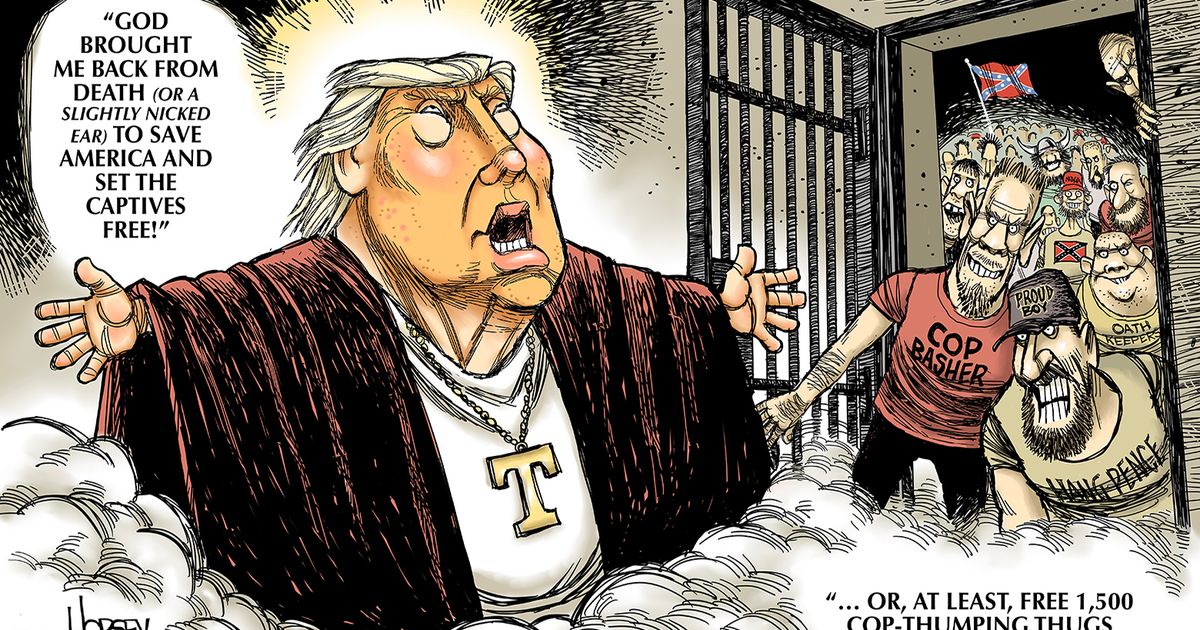Generic Criticism:
This line marks a significant departure from the traditional inaugural genre, which typically opens with unifying affirmations and ceremonial reverence for American institutions. Instead of enacting continuity and civic confidence—as we see in Biden’s 2021 inaugural (“Democracy has prevailed”)—Trump opens by casting the government as a failed and suspect entity. This violates a core generic convention: inaugurals traditionally reaffirm the legitimacy of the republic even in times of transition. Trump’s framing instead performs a kind of rhetorical inversion, treating the occasion not as a transitioning of power but as a "day of reckoning". The genre of the inaugural is thus subverted into a platform for populist grievance, more reminiscent of a campaign rally than a ceremonial oath of office.
When asked about the departure of Trump's remarks from pre-existing expectations based on presidential precedent, John M. Murphy, a professor of communication at the University of Illinois Urbana-Champaign who studies the history of American public address and political rhetoric responds as follows:
"Was there anything striking about Trump’s second address and the rhetorical devices he used when referring to his policy agenda, the Congress and his definition of the U.S. and its standing in the world order?
First, President Trump used dark, divisive campaign rhetoric rather than the usual unifying, uplifting words that characterize normal inaugurals.
Second, an inaugural address usually offers only general principles, rather than specific policy, in order to unify the country behind new leadership. Trump listed a long series of bitterly contested executive orders that again divided the nation.
Inaugural addresses usually emphasize the humility of the new president as they face the profound responsibilities of the office. George Washington acknowledged “his own deficiencies” and nearly all presidents place themselves under God and rely on the help of the people.
Trump does not do so. In fact, he says he was “saved by God” to make America great again. His arrogance does not indicate he will respect constitutional limits."
https://las.illinois.edu/news/2025-01-24/how-did-president-trumps-inaugural-address-stack-previous-speeches
Murphy's remarks, given his position as a scholar of political rhetoric, illustrates that even the academic subdomain of American politics is continuing to adjust to the non-traditional themes in Trump's address.
Ideological Criticism:
By stating that “our government confronts a crisis of trust,” Trump invokes deep anti-establishment sentiment, a defining feature of his ideological appeal. This rhetoric casts suspicion not just on a particular party or administration, but on the very structure of American governance, framing it as inherently broken.

